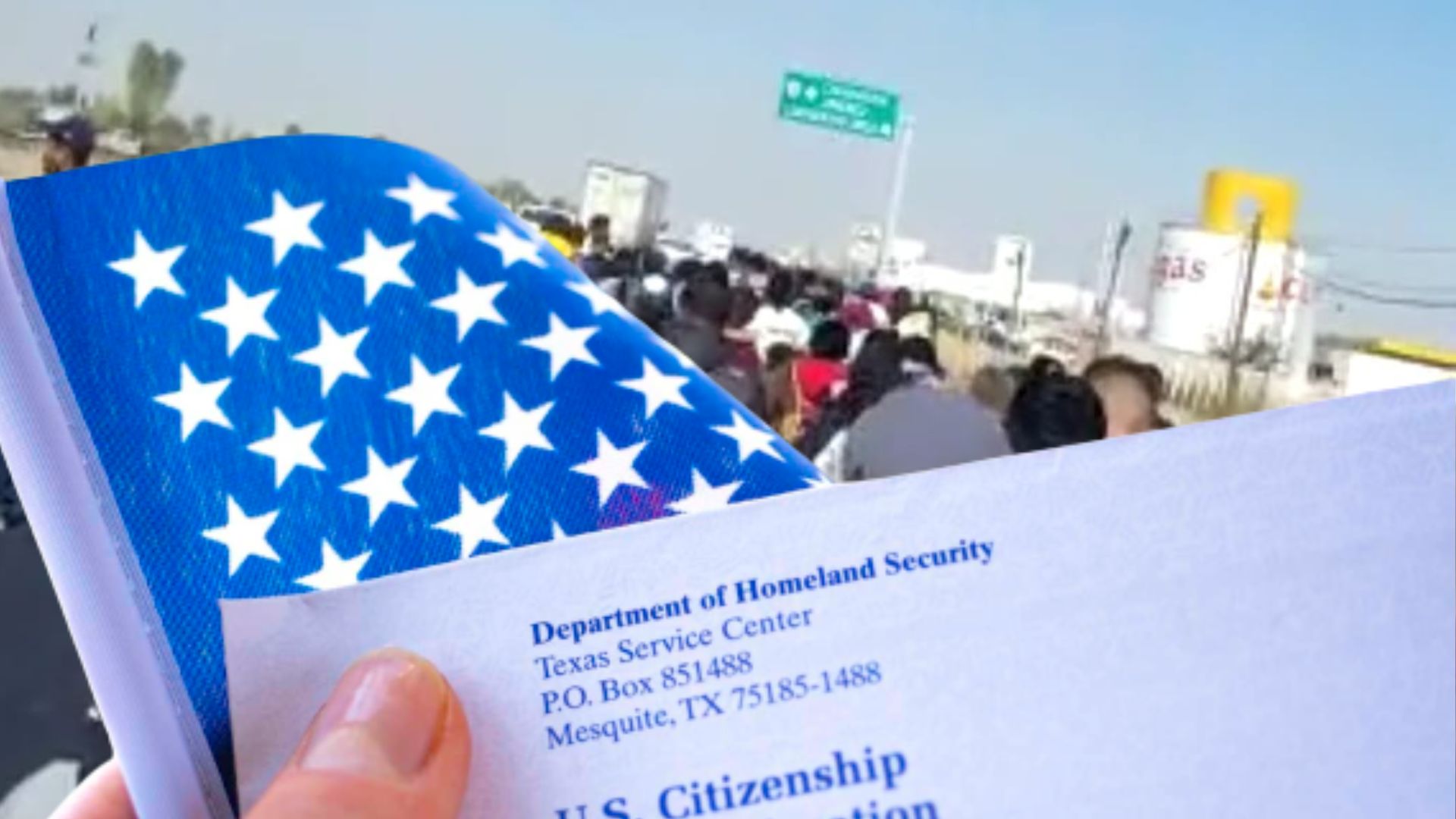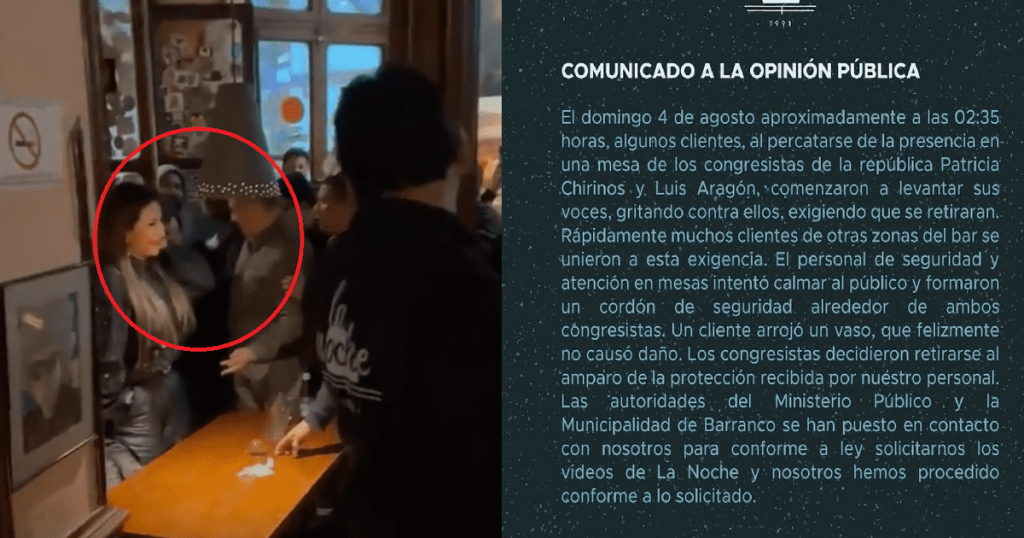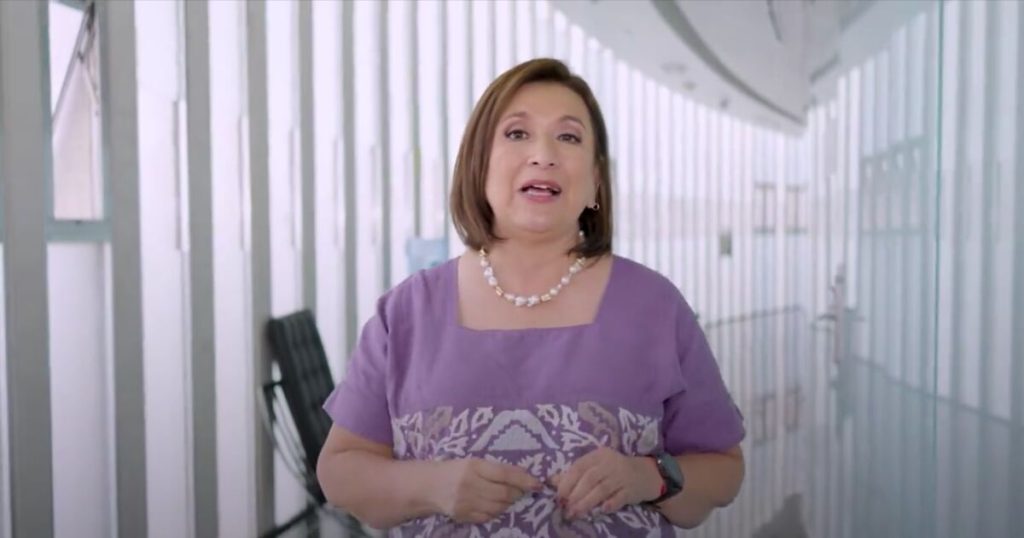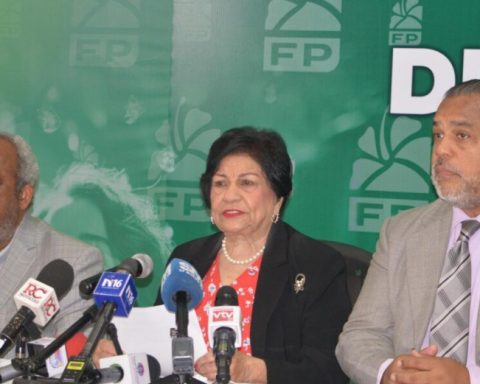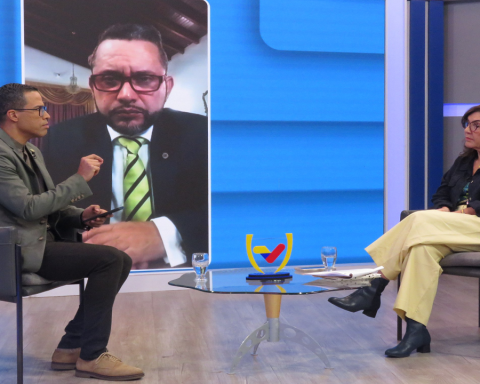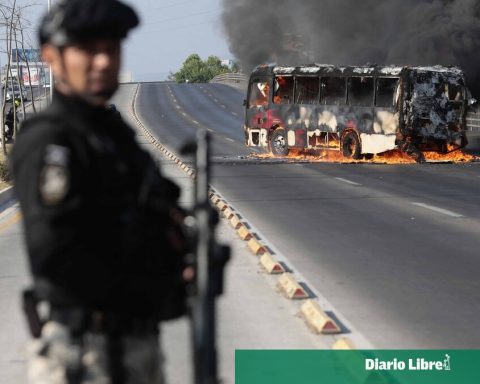Nicaraguan, Cuban and Haitian citizens seeking to migrate to the United States and who have already been approved for humanitarian parole and scheduled travel will be able to travel without problems, despite the “temporary suspension” of the program, clarified the U.S. Department of Homeland Security (DHS).
On August 2, international media reported that President Joe Biden’s administration had ordered the suspension of the immigration benefit known as “humanitarian parole,” which included citizens of Nicaraguan, Cuban, Venezuelan, and Haitian nationalities.
The immigration program, implemented in April 2022 as a way to contain the avalanche of irregular migrants crossing the borders between Mexico and the United States, was put on hold in mid-July because, according to US authorities, they discovered a series of irregularities that indicate that fraud has been committed with the program, especially with regard to sponsors.
The suspension caused confusion among beneficiaries who had already received approval and had their flights to the United States scheduled before the announcement.
Related news: Why did the United States suspend humanitarian parole? What will happen now? Here we tell you
Given these doubts, the Nicaraguan media outlet Despacho 505 consulted the DHS, which responded that citizens who already have their flights scheduled will be able to travel.
“Yes, you can travel to the United States if you have already been authorized to do so, even though the program has been suspended,” a DHS spokesperson said in response to a query from the media outlet.
The source noted that DHS has only put on “temporary hold” advance travel authorizations for new beneficiaries, “while it conducts a review of sponsors’ applications.”
Reason for suspension
U.S. authorities identified that sponsors repeatedly used social security numbers, addresses and phone numbers on multiple forms. It was discovered that 100,948 I-134A forms were filled out by only 3,218 people.
Additionally, 24 Social Security numbers belonged to deceased individuals. About 100 physical addresses were reused on more than 19,000 forms, and one phone number appeared on more than 2,000 applications. Finally, 2,839 forms were found with nonexistent ZIP codes.
Related news: Humanitarian Parole Nearing Two-Year Deadline, What Options Does the Recipient Have?
The US government has announced that it will take appropriate measures against those involved in immigration fraud and has even announced that cases that constitute criminal offences will be referred to the US criminal court.
According to official figures, by the end of March 2024, more than 404,000 Cubans, Haitians, Nicaraguans and Venezuelans have legally arrived in the United States under parole processes.
